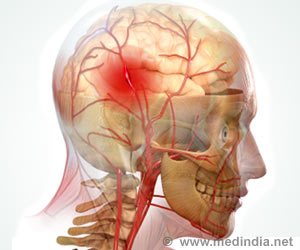
Researchers hope that the discovery may assist the development of treatments for elderly and people with diabetes, who get easily fatigued.
Carnitine is taken as a supplement by athletes to improve their performance but until now scientific evidence supporting the claims made for the supplement has been lacking.
The nutrient which helps to burn body fat and release energy, is also taken as a stress-buster and slimming aid, and also boosts fertility in men.
The test conducted on mice found that carnitine appears to work with CrAT (carnitine acetyltransferase) to optimize muscle energy metabolism during exercise.
Carnitine supplement to mouse diets improved exercise tolerance in mice whose muscles demonstrated normal CrAT activity.
Advertisement
Researchers stress that it was not known whether carnitine has the same effect on humans. They also pointed out that the amount of carnitine produced in the body declines with age as a result of certain diseases.
Advertisement
"The work is not meant to imply that everyone should be taking carnitine supplements. We need to move beyond the ’one-size-fits-all’ approach to optimal nutrition and instead work toward more personalized prescriptions that consider underlying genetics and acquired conditions, said, Dr Muoio."
The findings of the research appear in the journal Cell Metabolism.
Source-IANS















